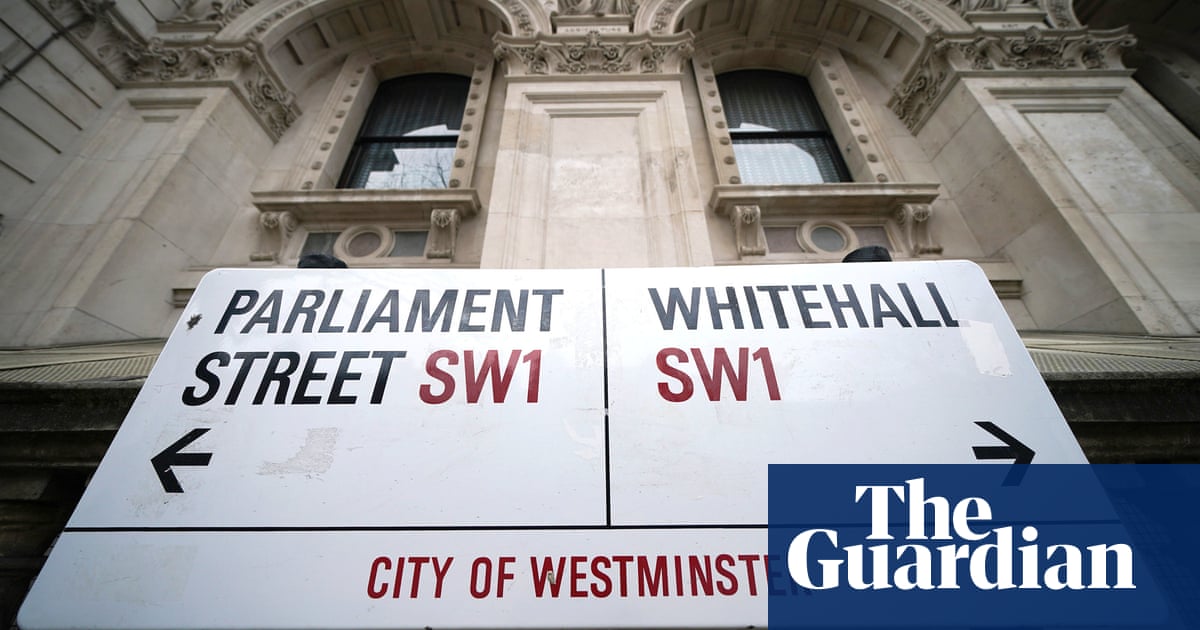
Britain’s public debt is larger than the size of the country’s economy for the first time since 1963, after the government borrowed a record £55bn in May.
The total level of debt has risen by £173bn over the last year to reach £1.95tn, or 100.9% of GDP, as ministers introduced unprecedented support for businesses and households during the coronavirus crisis.
The UK joined Italy, the US and Japan in the club of nations with levels of borrowing higher than their national income as the latest Office for National Statistics figures showed the UK government borrowed £55.2bn in May, roughly nine times more than the same month last year and the highest monthly borrowing since comparable records began in 1993.
While most economists have urged the government to take a relaxed view of rising debt levels following forecasts that interest rates on government debt will stay low for several decades, the Treasury is known to be nervous about joining the 100% club.
Debt levels are expected to continue rising for the rest of the year, pushing the debt-to-GDP ratio nearer to 105% and more likely towards 110%, according to some City forecasts.
The UK economy has begun to bounce back from the depths of the lockdown in April and May, but the recovery is expected to be long and slow, as exporters wait for foreign markets to open and the worst-hit high street businesses cope with heavy restrictions on the number of customers they can serve.
Official figures estimate that GDP has slumped by 25% since the beginning of the lockdown and the number of people claiming work-related benefits has more than doubled to 2.8m.
The Treasury’s independent forecaster, the Office for Budget Responsibility, said GDP and overall tax receipts had performed “a little less badly than assumed”. In March, the OBR forecast a 35% hit to GDP by June.
It said the labour market, which had largely been protected by the Treasury’s job retention scheme, was also performing better than it expected, though it was clear from other measures that many households were struggling to make ends meet.
“The headline unemployment measure has yet to show much effect from the crisis, but the claimant count measure that relates directly to benefit claims has climbed very sharply,” it said.
The ONS said tax payments received by HMRC were down £16.2bn or 43% on the same period last year, with a drop in VAT receipts accounting for the bulk of the deterioration following the government’s deferral scheme.
At the same time, central government spending increased £30.6bn or 48%, reflecting the extra costs of the coronavirus job retention scheme, additional grants to local authorities and higher public services spending, especially on health. Local government borrowing was up £3bn in May on the same month last year.
The chancellor, Rishi Sunak, said: “Today’s figures confirm that coronavirus is having a severe impact on our public finances. The best way to restore our public finances to a more sustainable footing is to safely reopen our economy so people can return to work.
“We’ve set out our plan to do this in a gradual and safe fashion, including reopening high streets across the country this week, as we kickstart our economic recovery.”
In May the government announced it would need to borrow an extra £225bn to get through the summer months while the economy remained weak.
Alison Ring, public sector director at the ICAEW accountancy body, said the Treasury had spent more cash in April and May than in the previous three financial years combined. “This is not surprising given the huge amounts of financial support the government is providing to keep the economy going through lockdown,” she said.
Sam Miley, an economist at the consultancy CEBR, said: “With high government spending levels and weak tax receipts set to remain for at least the next few months, further sustained increases to public sector debt should be expected.”
Borrowing for April was revised down by £13.6bn to £48.5bn. The ONS said this was largely because of stronger than previously estimated tax receipts and national insurance contributions, and lower spending than previously estimated associated with the coronavirus job retention scheme.











